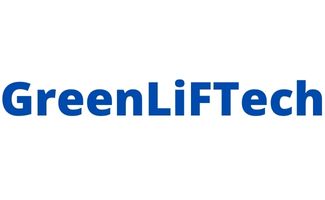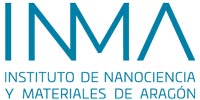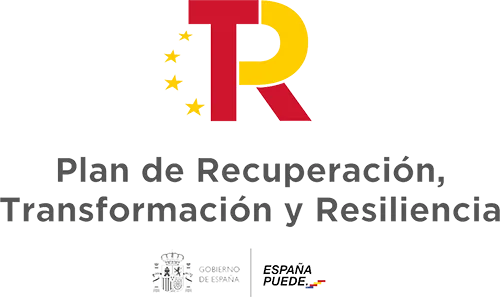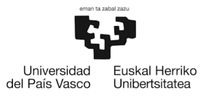Every year, the world adds 51 billion tons of greenhouse gases (GHG) to the atmosphere, trapping heat and driving up global temperatures. The only way to avoid the worst impacts of climate change is to achieve netzero emissions by 2050. Innovations catalysing the production of sustainable, affordable, attractive and accessible liquid fuels from GHG can make this possible while pushing us faster towards the clean energy future we need. GreenLiFTech mission is to bring a dual solution (low-energy requirement and fuels production from sustainable feedstocks) to the most difficult energy transition challenges, carbon-neutral transportation (shipping and long-distance) and net-zero energy in industry sector. Renewable methanol, a strategic liquid fuel for direct use and key chemical for his subsequent synthesis of alternative fuels, will be synthesized by a net-zero artificial carbon cycle approach at unprecedent mild conditions. GreenLiFTech will combine an intensified bioinspired hybrid gas streams conditioning, separation and catalytic conversion approach to bring out an efficient, precise, adaptable and scalable unique technology to convert direct or captured/recycled CO2 and CH4 from unavoidable emitter sources into sustainable, clean and affordable methanol. The GreenLiFTech coordinated action takes a step further and proposes a plan to convert a broad range of sustainable sources (e.g., non-pure CO2, GHG emissions and low-grade biogas) and green H2 into a high value liquid fuel through an efficient synergistic multifunctional reactor including waste streams conditioning, separation and transformation intensified steps.
The limiting factors of classic metal supported catalysts and industrial methanol production (i.e., energy requirement, poor selectivity, low efficiency and yield) will be overcome by 1) designing bioinspired Metal-Organic Frameworks (MOF) robust catalysts able to activate and transform CO2 and CH4 into valuable chemicals at mild conditions, 2) synergistically combining and placing them into high flux biomimetic meso- to macro- porous structures through advanced manufacturing and 3) operating the cooperative system under novel capillary condensation catalysis conditions able to intensify the methanol synthesis while preserving the catalysts stability. In parallel, the cleaning and separation of complex waste streams will be optimized through advanced coupled adsorption and membrane technologies for removing detrimental catalysts poisons while achieving an effective separation of feeds. GreenLiFTech will offer a highly adaptable technology in the interphase between the materials science, reactor engineering, catalytic operation, adsorption and membrane technologies for the production of methanol from non-pure CO2/CH4 streams by unravelling i) the proper configuration of the varied catalysts into the hierarchically manufactured supports, ii) balanced reaction parameters for methanol production and iii) advanced conditioning technologies to tune the gas streams characteristics to the catalytic stage. In particular, GreenLiFTech will innovate in the renewable methanol production field by 1) Developing novel routes for synthesis below 150 ºC and 30 bar increasing CO2 conversion by 20% while maintaining >98% selectivity and 2) Developing a cooperative approach enabling the use of CH4/CO2 admixtures, waste streams and low-grade biogas as carbon sources.










